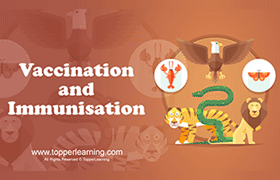NEET Class neet Answered
Which of the fallowing are the factors that increase a patient's potential for acquiring a nosocomial infection
Asked by Aadilbhat2022 | 09 Jun, 2021, 11:43: AM
Nosocomial infections, also called health-care-associated or hospital-acquired infections, are a subset of infectious diseases acquired in a health-care facility. To be considered nosocomial, the infection cannot be present at admission; rather, it must develop at least 48 hours after admission. These infections can lead to serious problems like sepsis and even death.
Factors that increase the risk for a nosocomial infection include increasing age, length of hospitalization, excessive or improper use of broad-spectrum antibiotics, and the number of invasive devices and procedures (for instance: central venous catheters, urinary catheters, surgical procedures, and mechanical ventilation). In addition, most patients often have accompanying conditions such as diabetes, chronic lung disease, renal insufficiency, or malnutrition.
Answered by Sheetal Kolte | 09 Jun, 2021, 12:35: PM
Concept Videos
NEET neet - Biology
Asked by myindiaisbad | 20 Mar, 2023, 06:51: PM
NEET neet - Biology
Asked by Aadilbhat2022 | 09 Jun, 2021, 11:43: AM
NEET neet - Biology
Asked by solankihetraj07 | 22 Jan, 2020, 10:21: PM






